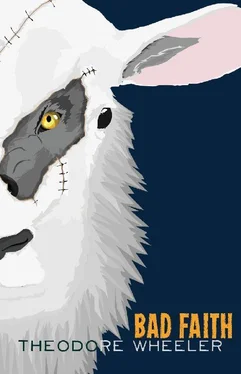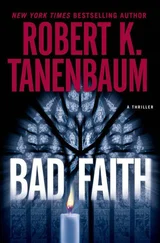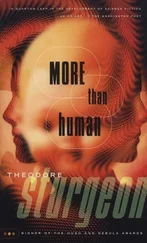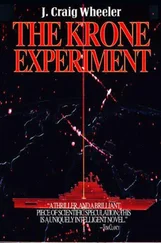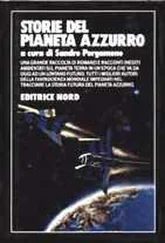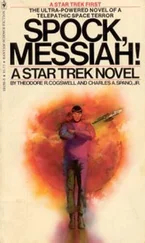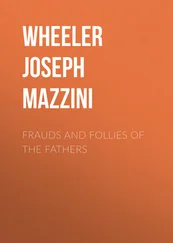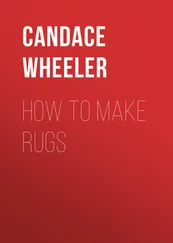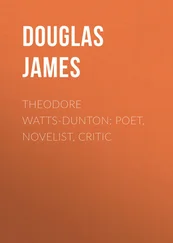My father never did video call. Not that I saw. She wouldn’t know what he was up to if I didn’t tell her.
18
I told my mom about the women. When she said to shut up about her coming home, that she’d be back before I knew what, then I told about Trish Schumacher.
She listened quietly. She smiled, her face held fixed so that it looked like the signal was lost, her face on the screen vibrating, freezing, her eyes closed, as the satellite signal buffered and reset. “Oscar,” she came back, “don’t worry about any women. Tell him to put you in the daycare. The teacher knows you’re coming. Okay? You will be happier there.”
19
I returned the fishbowl to the desk in my bedroom after the call. Watched the fish gasp at the surface of the water for a while then fed him so he would stop. He only looked at me when he was hungry. Then he swam circles in the bowl.
I didn’t know what a goldfish was supposed to do. The fish was doing it right, I figured.
20
My father built bonfires at night. I joined him if I couldn’t sleep, if he was still out, and imagined what it would be like if Indianola, or our house, were bombed like the cities in the desert were bombed. When I looked to the house I saw flames reflect in the glass of my bedroom window. I imagined myself watching the fire from the window, except the fire was bombs.
My father made fires that were taller than he was. Four or five times a week.
There were a few acres of land we had, close to the highway spur. A copse of cottonwood, a few burr oaks with craggy veins of bark as thick as my arm.
He had a pole saw. A serrated blade at the end of bamboo. He pruned trees one-armed, the pole handle wedged in his armpit. He cut out dead wood and tossed it on the pile. Raked up the leaves and debris his cutting made and dropped that in the flames too. The idea of burning up part of the world must have appealed to him. Soothed him, or stoked his discomfort. I’m not sure which. He took something solid, a log, a branch, and with a simple chemical procedure watched it turn to gas and vapor, something that rose weightless and dispersed into the atmosphere. Something that blew away.
21
We drove to the daycare in the morning. He said to get out. I didn’t want to. “You got to take me in,” I told him. “Or I won’t go.”
The children scrambled around the playground. One of the women who worked there was slicing watermelon for them. The children who could sit still bit into their slices and chewed. They rubbed their mouths with the backs of their hands, slime from the melon dripping down their chins. When they were done the woman wiped their faces with a stained white rag.
22
“Follow this way,” Trish said. “There’s something I want to show you. You’ll like this.”
She led outside and across the patio to the garage. Grasshoppers launched out of our way, into wet, matted grass that smelled of mildew. “Do you like tractors?” she asked. “Farmboys always like tractors.”
In the corner behind her white and gold Escalade was a riding lawnmower, a bright green John Deere with a yellow blade deck. It looked like a miniature tractor.
Trish grabbed my hand and heaved me to the cushion. Told me to take the wheel.
“See how you look up there? Just perfect. A little farmer.”
She wore a skirt and a glittery, sleeveless blouse. She crouched when she talked. Her knees came up and I saw. I could see along her leg, under the skirt.
I thought of the times Trish excused herself. How in the morning she wore yoga pants and a sports bra, like that morning, then changed in the room next to where my father worked. I heard Trish rattle open drawers, bang the top on a hamper. She unclicked the spring lock on the door but didn’t come out changed, not for a minute or two.
I wanted to see. This bloviating woman in the short skirt. I wanted to see her underwear, the rose and pink, I saw, the swell of thigh up to where silk flashed.
“We had plenty of fun on tractors and in the backs of trucks when I was a girl,” she said. “Do you believe I grew up on a farm too? Of course you don’t.”
Trish told her 4-H stories, her cheerleading stories, her drive-in movie stories, her Wartburg College stories. Her breasts swung as she gestured to make a W with her arms. Her blouse hung open as she leaned close. “Promise you won’t tell your dad what I told you. This stuff makes me sound like a dinosaur.”
She had me there looking down her shirt at the tanned cleavage flesh.
She plucked the key from the Deere’s ignition to examine it.
“Do you miss your mom?” she asked. “I couldn’t have left my kids like that. Mine aren’t kids anymore, but still. You must miss her something awful.”
23
I was happy when Trish left me on the lawnmower and went inside. It was over, I thought, what she was putting me through. I bounced on the seat cushion and turned the wheel from side to side, listened to the rubber tires squeal on the synthetic garage surface. It was boring, but I didn’t want to go in the house. I looked around the garage, curious because it was clean and new. The garages I knew had a layer of oil grunge on the ground, their walls lined with drowsy fireflies, orange and black wings folded, because there was a gap under the door that let in bugs. But there were no bugs in the Schumacher garage. No oil spots. The floor was painted blue. It smelled like nothing really, nothing I could identify or remember.
I thought about my mom. Her dark hair, long and curly. The orange irises of her eyes. She was comfortable in uniforms. She’d played sports in high school. She was a nurse and the Guard needed nurses. That’s how she ended up serving in the desert. That’s why she joined the Guard, anyway, for the bonus, for the salary, to help out when floods hit Iowa, when tornadoes spun through. She had no idea she’d be shipped off to the Middle East. She had no clue what was coming, or that the President would make the militia fight foreign wars.
I was upset, most of the time, I realize now. I almost never spoke a word to anyone except my father then, and am still quiet compared to most. People mention this when they meet me. I shrug, unable to explain.
I knew they’d bury her body with others, if something happened. They’d drop her lifeless in the sand. If she died there. I’d seen it happen on the news my father watched. The shows on cable he fell asleep to on the couch.
If she died so far from home, I wondered, would she go to Heaven? If she did go to Heaven, would she remember me?
24
He was out by the bonfire later, dragging over a tree limb to segment and burn. I went to help him pull the limb across the dirt and he let me. He let me hold a branch as he sawed. It flopped up and down with the blade of the handsaw otherwise and he couldn’t get it.
He talked to the fire. He didn’t look at me.
“She sends e-mails all the time. Your mom. Tells me what life’s going to be like once she gets back from Iraq. The three of us going to live as vagabonds, she says. Hitchhiking, living on the road. Gypsies. Going to see everything worth a damn that can be seen for free. We’ll get a TV show and move to Hollywood, she says. Then she changes her mind. She’s going to be a waitress in New York. No. We’ll rent out paddle boats to tourists in Pensacola. She’s come up with at least a dozen of them. Army jobs in Germany. Resorts in Costa Rica.”
I never saw this side of my mom. She was practical and tough in front of me. But I don’t doubt such impulses existed within her.
“I don’t know,” my father said. “What would possess a woman to think like that?”
He spit in the fire and waited.
“What’s so wrong with what we got here?” he said. “We live and live. Nothing will change. That’s what I tell her. We had a good life when she left.”
Читать дальше
